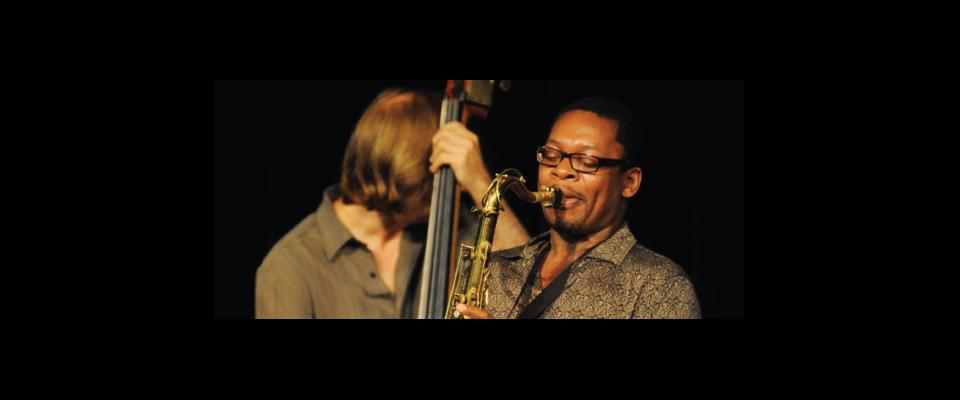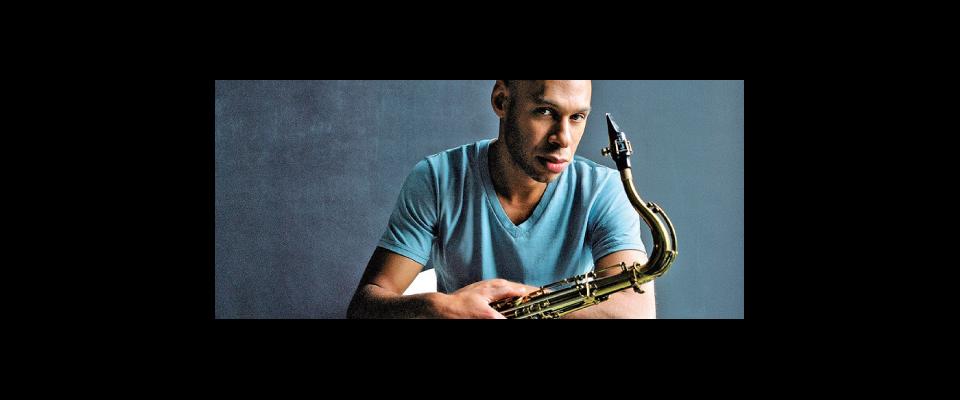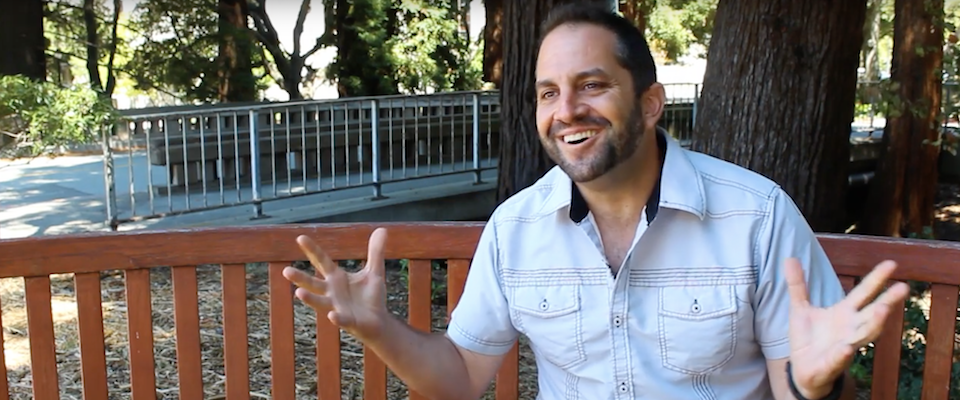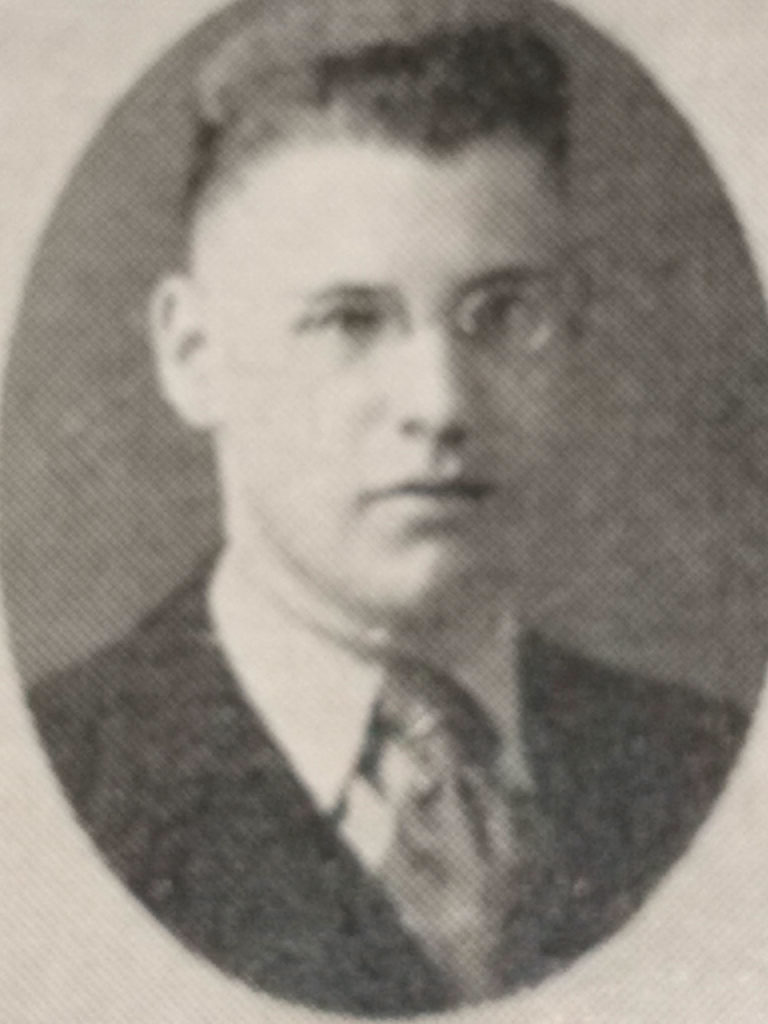The Blue Note 7 celebrate the birth of the legendary record label.
This year marks two milestones for the storied Blue Note jazz label: the 70th anniversary of its founding and 25th anniversary of its rebirth. Spearheading a year-long celebration of the label’s legacy is The Blue Note 7 tribute band. Instead of using the project as an opportunity to showcase its roster, the label assembled a cast of supremely fluent mid-career players: pianist and musical director Bill Charlap, trumpeter Nicholas Payton, alto saxophonist Steve Wilson, tenor saxophonist Ravi Coltrane, guitarist Peter Bernstein, bassist Peter Washington, and drummer Lewis Nash. Their 50-city U.S. tour brings the septet to Zellerbach Hall for Cal Performances on Thursday, January 15, two days after the release of the Blue Note 7 album Mosaic: A Celebration of Blue Note Records.
“It’s not really a repertory band,” explains Charlap, an indefatigably swinging pianist who’s recorded a series of albums (featuring Cal alum and superlative bassist Peter Washington) for Blue Note. “All the players are bringing in new arrangements for the septet. The focus is the great Blue Note period of the 1950s and ’60s—Horace Silver and Art Blakey, Lee Morgan, Wayne Shorter, and Herbie Hancock. When you think about the incredible wealth of music, there’s no way you could do anything but scratch the surface.”
The story of Blue Note Records is almost as quintessentially American as jazz itself. Founded in 1939 by German Jewish émigré Alfred Lion, who was soon joined by childhood friend Francis Wolff, Blue Note emerged in the years after World War II as the definitive modern jazz label. In its first incarnation, Blue Note’s list is a record of the genre’s leading artists—Thelonious Monk, Bud Powell, Miles Davis, and Bobby Hutcherson to name a few.
Wolff and Lion were savvy entrepreneurs who produced a string of commercially successful releases and instrumental jukebox hits while maintaining strong relationships with artists through their fair business dealings and respect for the music. Unable to resist the rising tide of rock ‘n’ roll, however, Lion retired in 1967 after Liberty Records acquired the label. Wolff continued to work as a producer until his death in 1971, which pretty much marked the end of Blue Note. The label was relaunched in 1984 by veteran record executive Bruce Lundvall, who has maintained Blue Note’s reputation as a creative hothouse while also earning commercial success with singer Norah Jones.
Choosing The Blue Note 7 posed a challenge, as there’s hardly a mainstream jazz artist who hasn’t been shaped by seminal Blue Note recordings. Each of the performers brings his own web of Blue Note connections to the band, none deeper than Ravi Coltrane, son of saxophone legend John.
“The catalog as a whole is unbelievable, but my Blue Note experience is centered around the saxophonists and pianists—Joe Henderson, Wayne Shorter, and McCoy Tyner,” says Coltrane. “Herbie Hancock’s Speak Like A Child was one of the first records I sat down with in college to analyze, technically speaking. It’s still one of my favorites. It’s something that resonates from your past that keeps resonating into your future.”
That resonance is the legacy of Lion and Wolff, two guys who fled the Nazis and helped create the soundtrack for 20th-century America.






















